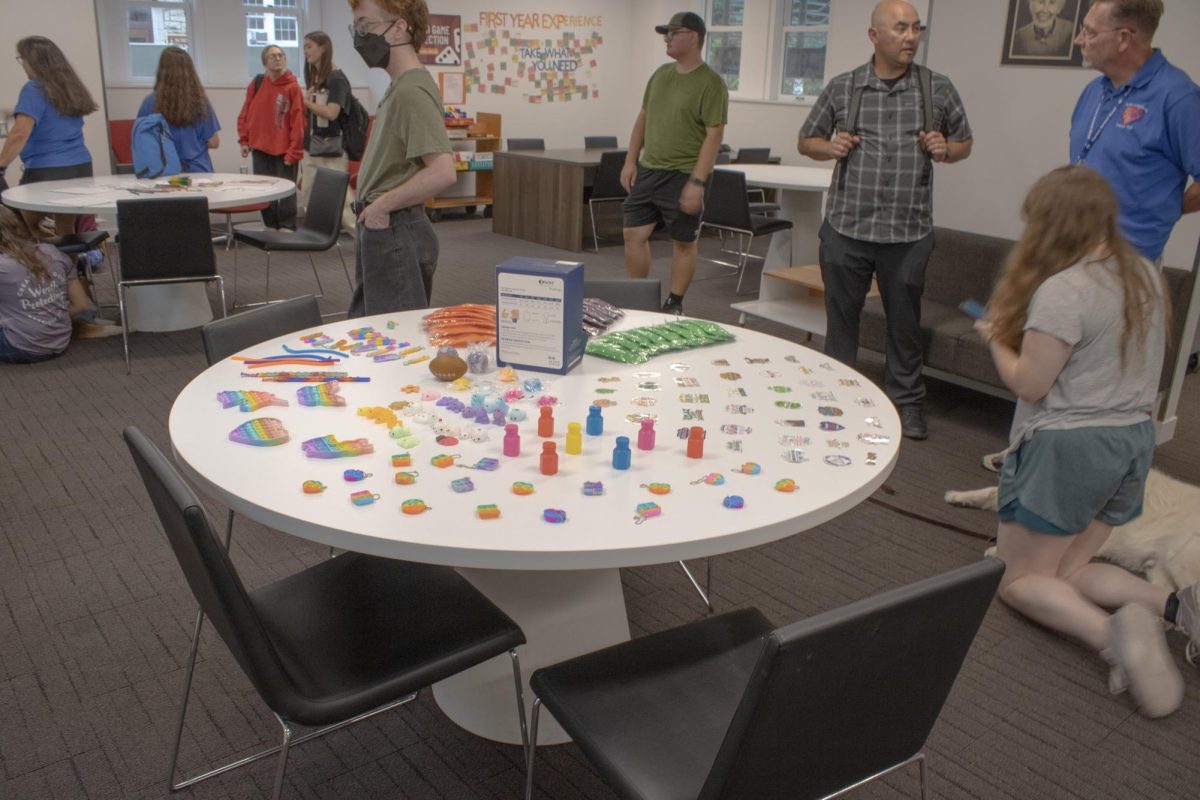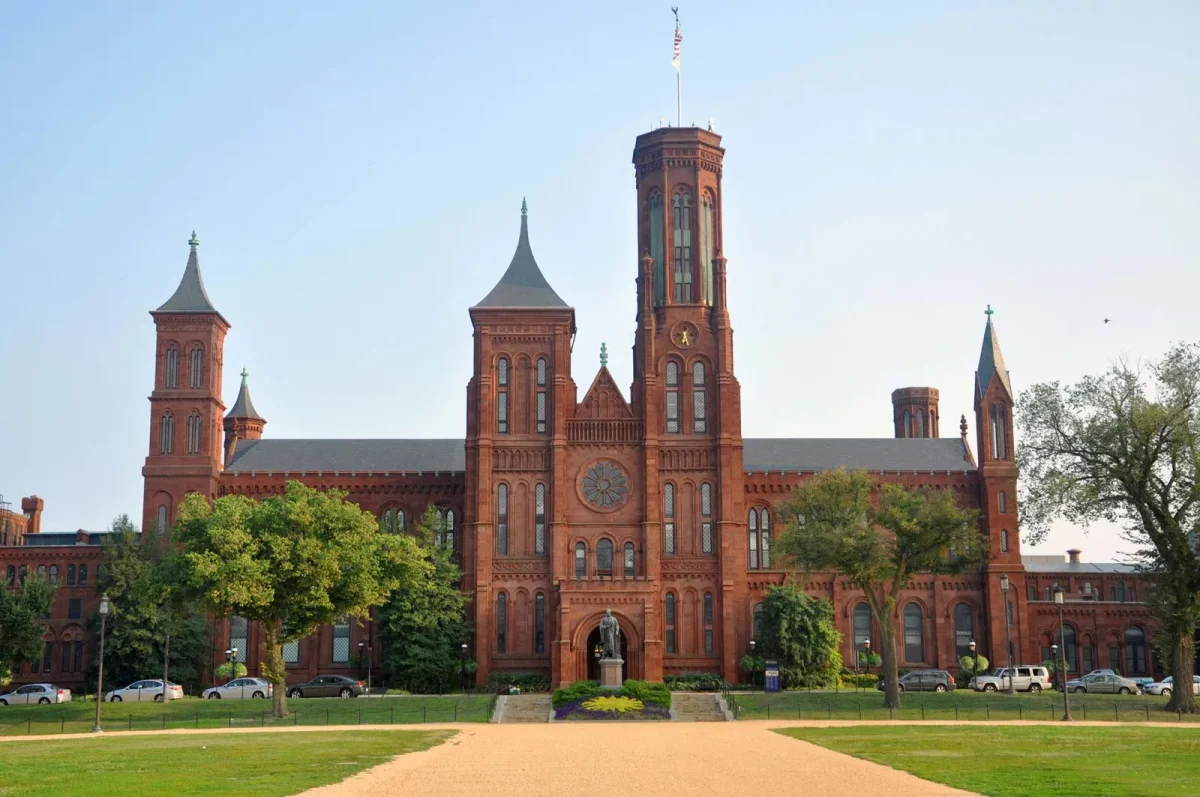Park University Junior Mizanjara Mahatohitrarivo (Miza) believes in giving back to her home community through environmental efforts.
Miza, 20, came from Madagascar to study political science and public relations in the US. Before she came to Park University in August 2012, she attended the University of Charleston in West Virginia.
During summer break, Miza went home to see her family and friends in Madagascar. Although she was going to visit family, she says she decided to do something fun and helpful to her country. She planted trees to reduce soil erosion on the island.
After her arrival in the country, she applied for a study abroad program which was organized by Stony Brook University. Miza says it takes knowledge to protect the island from flooding, storms, hurricanes and cyclones. These are natural occurrences for the people who live in Madagascar.
The island is the fourth largest in the world. It brings thousands of tourists to the country every year, she says. It is the best place for vacation. This allows foreigners to come to the island for a honeymoon, fishing or swimming. As a result, protecting its natural beauty is crucial to Malagasy people and the international community.
To save her island from destructive cyclones, she enrolled in program which educates people about environmental conservation. This program has brought a large number of international students: Americans, Europeans, and other African citizens, according to Miza. She says they all came to study at the Center Valbio, a research station in Ranomafana, Madagascar.
“We had speakers come to our class to give presentations,” says Miza.
The Institute for Conservation of Tropical Environment (ICTE), which is based in the US, is an organization which advocates for Malagasy people to protect their environment. It seeks to raise awareness about possible natural disasters on the island.
In recent years, people have been experiencing more dangerous cyclones. This may be a direct result of climate change, says Miza.
If humans cannot stop natural forces, there are some solutions that Miza stands behind. For example, they can stop setting wildfires in order to reduce the speed of cyclone, according to Miza, and cyclones destroy crops and rice’s stores. This causes food shortages in some villages.
“Rice storage is a safe place where people can store or save their rice paddies,” says Miza. “Stronger cyclones blow away top soil, leaving land unproductive. In addition, floods destroy potato farms, making farmers vulnerable for starvation.”
ICTE’s goal is to reduce environmental pollution: It bans people from cutting trees down. It also plants more trees in order to reduce impact of cyclone in soil erosion. This environmental conservation is essential for humans and wildlife. To promote this, ICTE focuses on building environmental research institutions. It also encourages people to protect trees and wild animals. Miza took five week classes for environmental education.
“First, I gave a presentation at the research station centre Valbio, then at the United States Embassy in Antananarivo,” Miza says.
The environmental organization works together with UNICEF in Madagascar. These two organizations encourage children to take care of the environment. Educating young children is important in environmental protection says Miza.
According to Miza, this is an effective way to resolve environmental issues because children learn faster than adults. After training, they relay message to their communities more effectively, says Miza.
“When I finished collecting my data,” says Miza, “I wrote a paper and I presented the paper in two different places. When children start sharing knowledge with members of their families- brothers, sisters, and parents, it is an important step to move forward with the environmental campaign.”
As natural disasters continue to worsen on the island, it becomes important for people to do something about cyclones. According to Miza, Malagasy people want to protect the island before it washes away. She says cyclones have been a great concern in the country.
Therefore, forestation is the key for Malagasy people to breath in a dust-free environment. Effectiveness of this policy, however, requires ICTE to work with Madagascar National Parks, she says. After all, it seems Malagasy political crisis has weakened environmental protection in the country.
“Political crisis affects everything—poverty, economy, and tourism,” Miza says.







